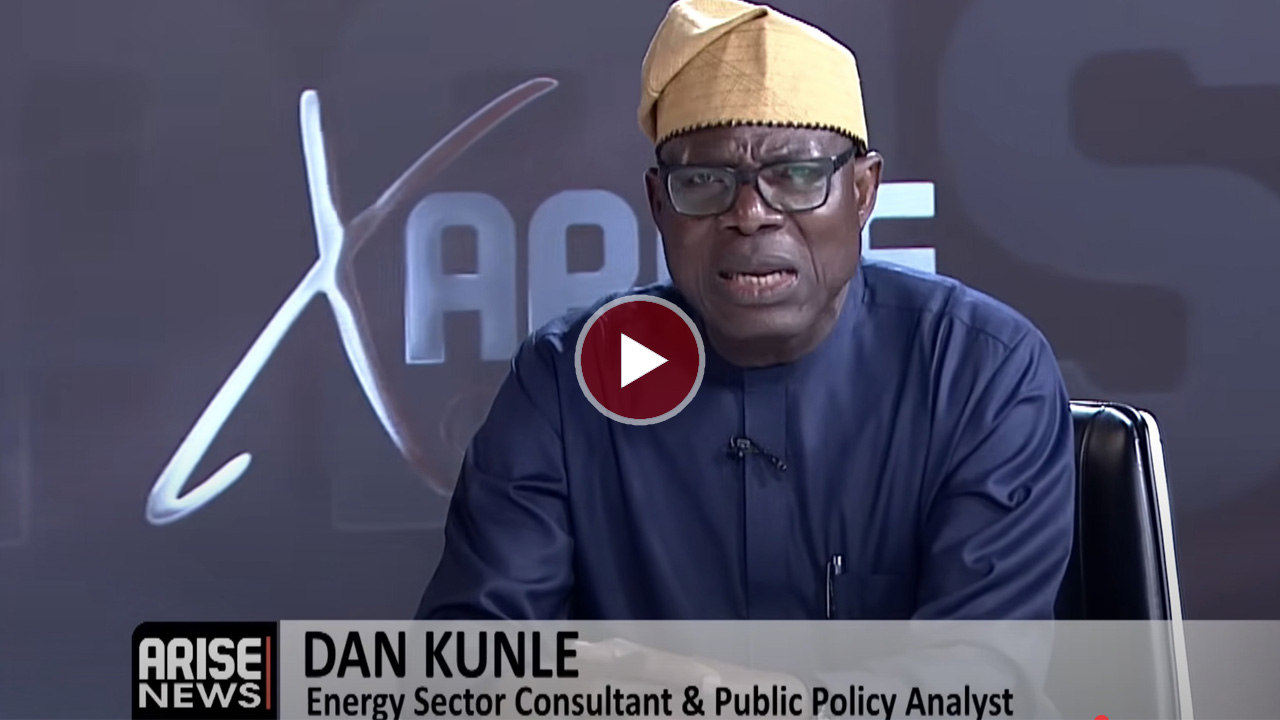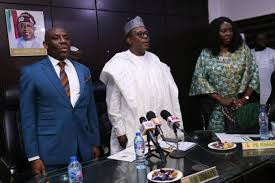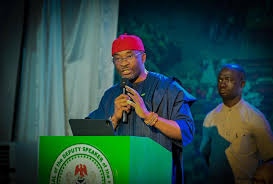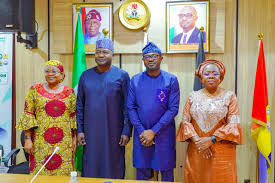

Energy sector consultant and public policy analyst Dan Kunle has hailed the Dangote Group’s multi-billion-dollar investments across Africa, describing them as a symbol of a new era of African-led industrialisation and economic self-reliance.
Speaking on ARISE News on Monday, Kunle said it was time for African entrepreneurs to take their destiny into their own hands by investing across the continent, instead of waiting for foreign intervention.
“It’s time for Africans, particularly entrepreneurs, to show their presence across borders,” Kunle said. “Foreigners will not come to develop Africa for us. The developed world only comes to take raw materials, not to build capacity.”
Kunle commended Dangote’s latest $2.5 billion urea fertiliser deal with Ethiopia and the new $160 million cement investment in Côte d’Ivoire, noting that both ventures demonstrate the company’s deep understanding of Africa’s strategic growth opportunities.
“What Dangote is doing is spreading excess capacity from Nigeria to regional bases in Africa,” he said. “Ethiopia is a very strategic hub — a country of 120 million people, with crude oil and gas deposits, strong cultural heritage, and a government that’s thinking big under Prime Minister Abiy Ahmed.”
He described Ethiopia’s ongoing industrial transformation as exemplary, highlighting its progress in food sovereignty and agricultural reform.
“Ethiopia has achieved self-sufficiency in wheat and is now exporting. They’ve modified crops to suit their weather and are focused on food sovereignty. Once the new fertiliser plant is operational, they’ll achieve true food independence. I’m very proud of what Dangote has done there.”
Kunle said the Côte d’Ivoire cement investment, which marks Dangote’s 11th African country of operation, is another step towards fulfilling the ECOWAS economic integration agenda.
“Côte d’Ivoire is an emerging market. The economy is growing rapidly, and Dangote has identified it as a regional market to target. With cement plants in Senegal and now Côte d’Ivoire, he has effectively captured West Africa and advanced ECOWAS’s vision of a common economic space.”
However, Kunle urged the Nigerian government to make the local business environment more conducive to investment, saying that bureaucracy and structural inefficiencies still hinder growth.
“Nigeria must start easing the way of doing business at home,” he said. “We are supposedly the big boys of Africa, but we must match that status with bold reforms.”
He emphasised that cross-border investments are necessary for industrialisation, but they must be backed by strong domestic financial systems.
“We need to deepen our commercial banks and deliberately recapitalise them,” Kunle said. “Government must inject funds into the Bank of Industry and Bank of Agriculture, and issue long-term bonds. President Tinubu should act boldly — capitalise the banks, assign them to specific sectors like agriculture and manufacturing, and give them ten years to deliver results.”
Kunle also called for targeted investment in agriculture, power, and steel, identifying them as the three pillars of sustainable development in Africa.
“Agriculture must be prioritised because rice has become a staple across Africa,” he said. “In power, if Dangote is encouraged to inject 5,000 megawatts from his refinery complex in Lekki, it would unlock the entire economy. The President should call him and others, assign power regions, and open up the economy.”
On steel production, Kunle criticised the continued funding of the Ajaokuta Steel Company, calling it “technically insolvent and financially bankrupt.”
“Ajaokuta as it is today is not viable. The best option is to unbundle and liquidate it into units. Anyone who buys a section can repurpose it, but we can’t keep wasting money there. Not a single ton of steel has been produced in decades.”
He further urged Nigeria to focus on coastal industrialisation for the steel and energy sectors.
“The next phase of iron and steel development should be along the coast — from Badagry to Bakassi — where logistics and raw material movement are easier,” he said.
Addressing labour issues around the Dangote Group, Kunle confirmed that the dispute with labour unions had been resolved, but cautioned against rigid adherence to outdated labour laws.
“Unionism must be rational,” he said. “We can’t continue with 1912-style labour structures that hinder growth. If a law is not helping your country’s development, you amend it. The Vice President was right — you can’t leave investments at the mercy of disruptive union practices.”
Kunle concluded by stressing that Africa’s growth must come from Africans, not external powers.
“We must think Africa, invest in Africa, and industrialise Africa,” he said. “That’s how we’ll create prosperity and raise living standards across the continent.”
Boluwatife Enome



